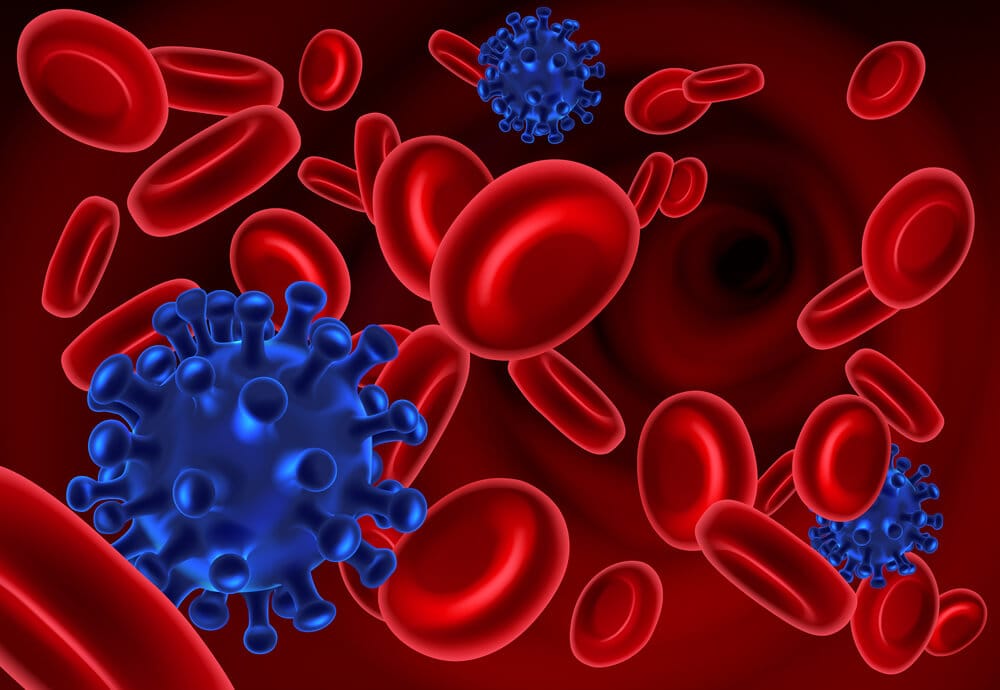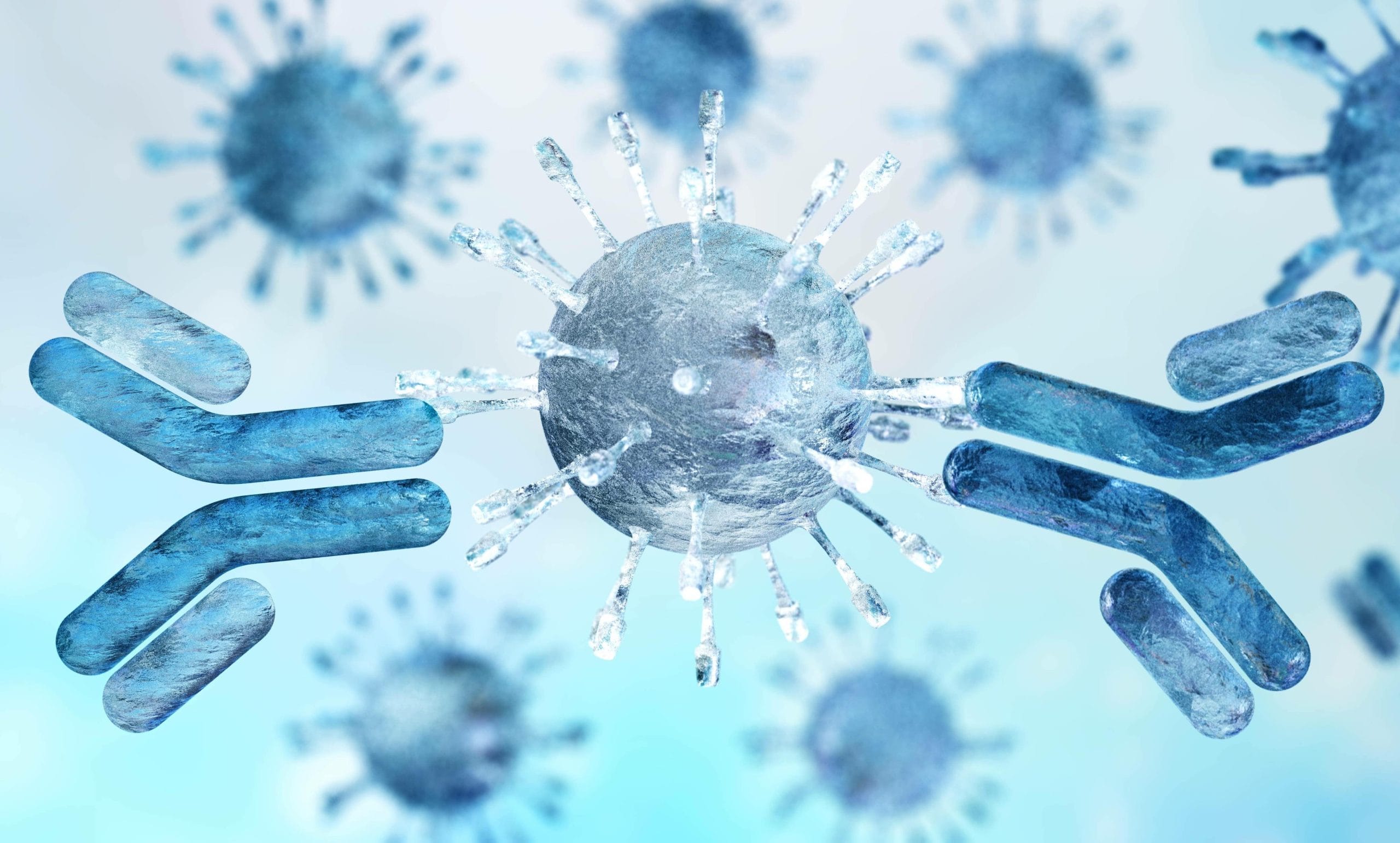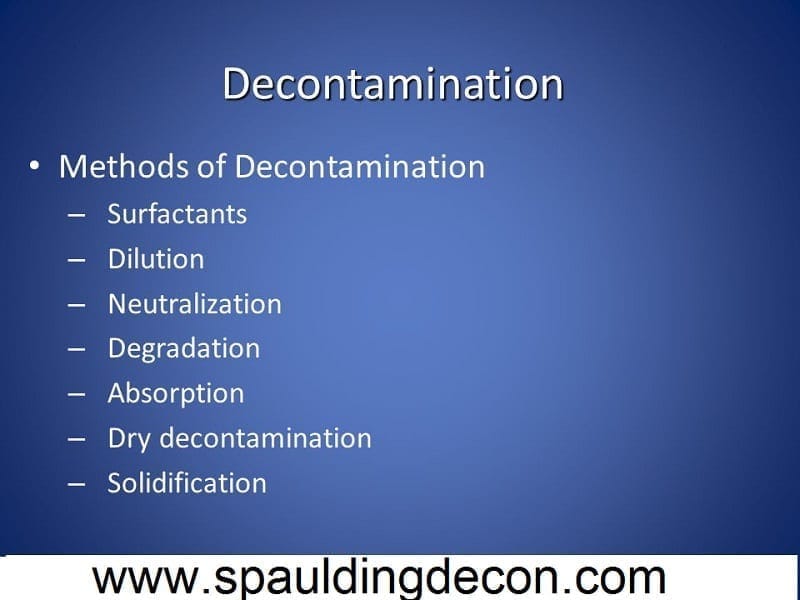When combating a biohazard situation in your home, whether caused by a human infection or plumbing accident, proper cleanup procedures are imperative to prevent the spread of infectious bacteria, disease, and viruses. One common threat that affects nearly 500,000 people each year in the United States is Clostridium difficile, often referred to as C. diff.
While C. diff may not be as widely talked about as other dangerous pathogens, the symptoms and results can be life-threatening.
What is C. diff?
This bacterium can be found in soil, air, water, human and animal feces, and processed meats. Some individuals who contract C. diff do not experience any symptoms, but the bacterium can cause inflammation of the colon, known as colitis. As the condition progresses, toxins are released that attack the lining of the intestines, eventually causing a condition called Clostridium difficile colitis that can bring about symptoms that range from mild to life-threatening.
The Centers for Disease Control and Prevention classify C. diff as an urgent threat because of how common it is and how easily it is spread from person to person.
Spreading of C. diff
Just like many other pathogens, C. diff is spread through contact with a contaminated surface or object that contains the spores of the bacteria. It can also be passed through food, contact with human or animal feces, or when infected individuals do not wash their hands.
C. diff is extremely prevalent in healthcare settings due to the fact that human feces is a common biohazard that healthcare professionals and patients encounter. The difficult part of combating the spread of C. diff is the fact that the strain of bacterium has become resistant to many common antibiotics and even cleaners.
Home Cleanup and Disinfection
Proper cleanup, disinfection, and remediation are crucial for eliminating any threat of C. diff in your home. The highly contagious nature and longevity of the bacteria (up to five months on inanimate objects) require experienced cleaning professionals to get the job done right.
Disinfecting your home after a C. diff contamination is a difficult but manageable task that should be left up to professionals. Spaulding Decon offers professional disinfection and decontamination services to ensure your home is safe and thoroughly cleaned.
Worried about C. diff contamination? Let our experts handle it safely and thoroughly.
There are a few steps that you can take to help minimize the risk of C. diff affecting your home:
- Wash your hands frequently, especially after using the bathroom.
- Clean the bathrooms regularly with the proper products; hydrogen peroxide wipes have proven to be most effective against C. diff.
- Remove and dispose of any soiled materials immediately; do not try to save them.
- Avoid unnecessary use of antibiotics; these help build resistance for bacteria like C. diff.
Don’t risk your health with DIY cleaning. Call our certified team for immediate help.

Let the Professionals Take Care of Your Biohazard Needs
If you find that your home has been exposed to a C. diff outbreak, call us immediately. Prompt cleanup is especially important to minimize the spread and damage caused to you and your family.
At Spaulding Decon, we are highly trained to handle all forms of biohazard cleanup, including C. diff. Our process includes thorough testing prior to establishing a cleanup plan, proprietary chemicals, and products to ensure the safest disinfection and cleaning of your home, and post-cleaning testing to ensure that all biohazard threats have been removed.
C. diff bacteria can linger for months. Protect your family — contact Spaulding Decon today.
Let our team of professionals answer the, how to clean my house after C. diff infection? Spaulding Decon is a name you can trust to remove all health and safety threats to you, your family, and your home that can result from a biohazard, crime scene, or even drug lab cleanup. Call us today to learn more about how we can help with all your cleanup and remediation needs!




